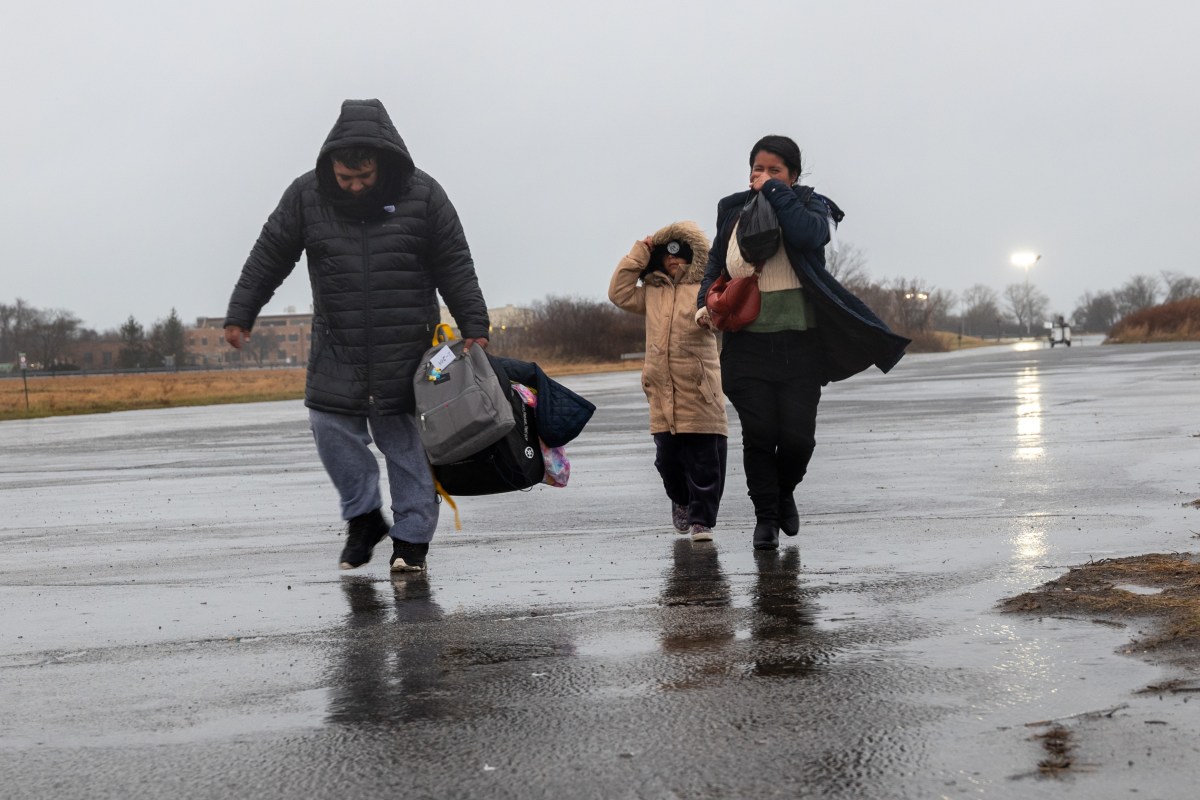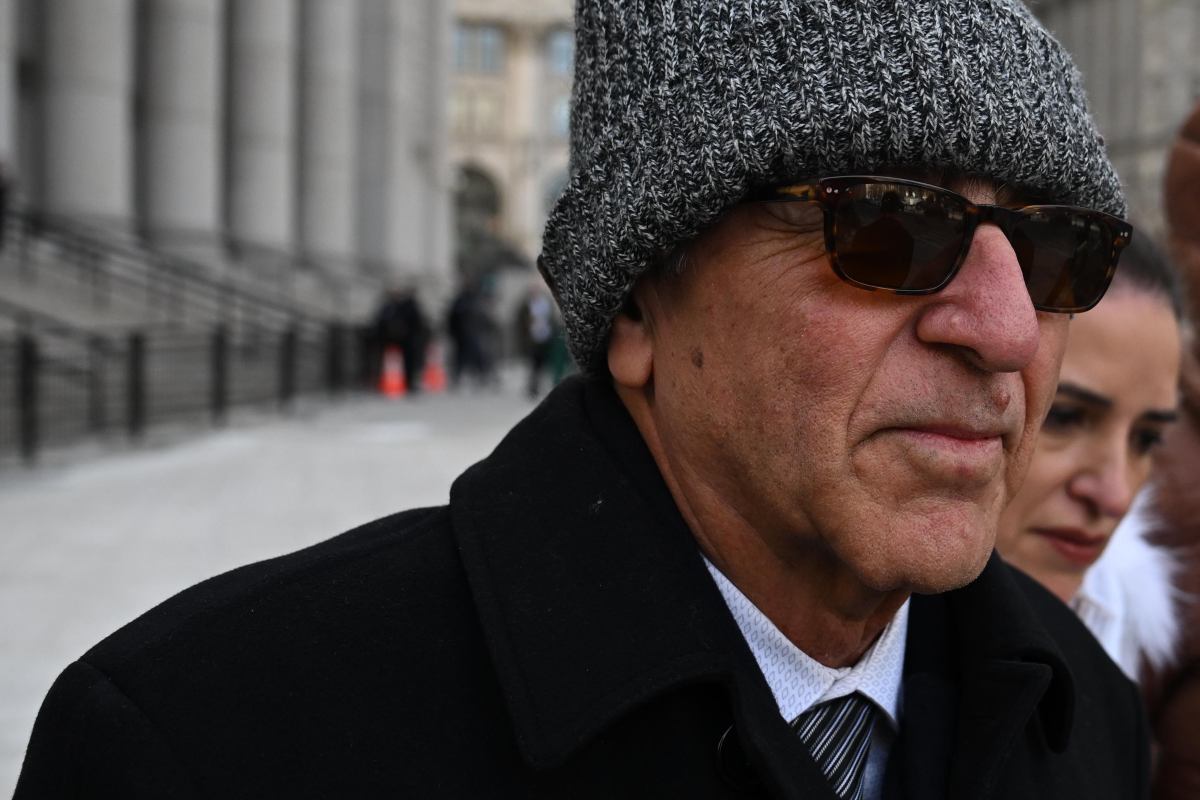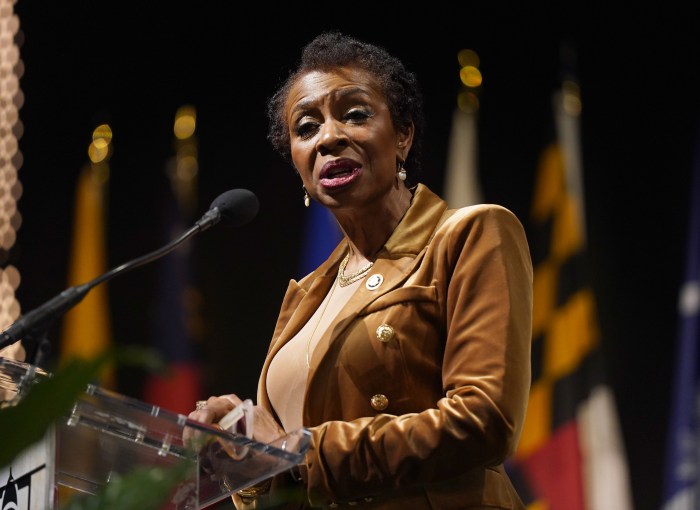By Gram Slattery
ERCILLA, Chile (Reuters) – When Chile’s left-leaning President Michelle Bachelet came to power in 2014, she pledged to soothe relations between indigenous peoples and the state, and her government dedicated millions to doing so. But traditional Mapuche leaders in the nation’s south say they are unimpressed and ultimately see little difference between her government and the mainly conservative ones that preceded it.
“All politicians say they are friends of the Mapuche, and all are against our cause,” said Jose Osvaldo Millanao, a rough-hewn, traditional authority figure in the valley town of Ercilla. The Mapuche’s discontent is one example of the difficulties Bachelet has had in gaining the support of leftist groups that make up her bloc’s traditional base. It also speaks to the roots of unrest in the nation’s south-central provinces that has left her vulnerable to ongoing attacks from the tough-on-crime political opposition. About 600,000 Mapuche live in Chile, mainly in a forested, misty zone roughly 400 miles south of the nation’s capital city of Santiago. They say their lands are increasingly threatened by agriculture, forestry and other industries. When logging companies began wiping away native forests in the 1980s, some Mapuche began fighting back, setting fire to plantations, churches and other structures.
Recently, sabotage, mainly arson, against logging companies in Chile has skyrocketed. Authorities blame a pair of mysterious rebel groups claiming to represent the Mapuche, although many doubt all the groups’ members are indigenous. The state in turn has increased police patrols and set up video-monitoring systems in the zone, which many Mapuche say unfairly ostracizes them.
“When we say we want to restore our identity,” Millanao said, “they surround and harass us.”
Hoping to smooth tensions, Bachelet’s government has accelerated a land transfer program to give property titles to indigenous communities. The budget for the agency that oversees that process rose 60 percent last year to 119 billion pesos ($175 million). But in rural Ercilla, the center of the conflict and the nation’s poorest town by some measures, Mapuche authorities are unmoved.
They said government programs offered only piecemeal land deliveries, rather than the autonomy they crave, and that the transfers occurred at a glacial pace.
Jorge Huenchullan, a traditional leader, pointed out that the Mapuche remained autonomous for centuries until the Chilean army overran the territory in a brutal campaign in the 1870s.
“We Mapuche had been free,” Huenchullan said, sitting next to a wood-burning stove. “We had been sovereign in our territory.”
(Reporting by Gram Slattery; Editing by Caroline Stauffer and Lisa Von Ahn)





















